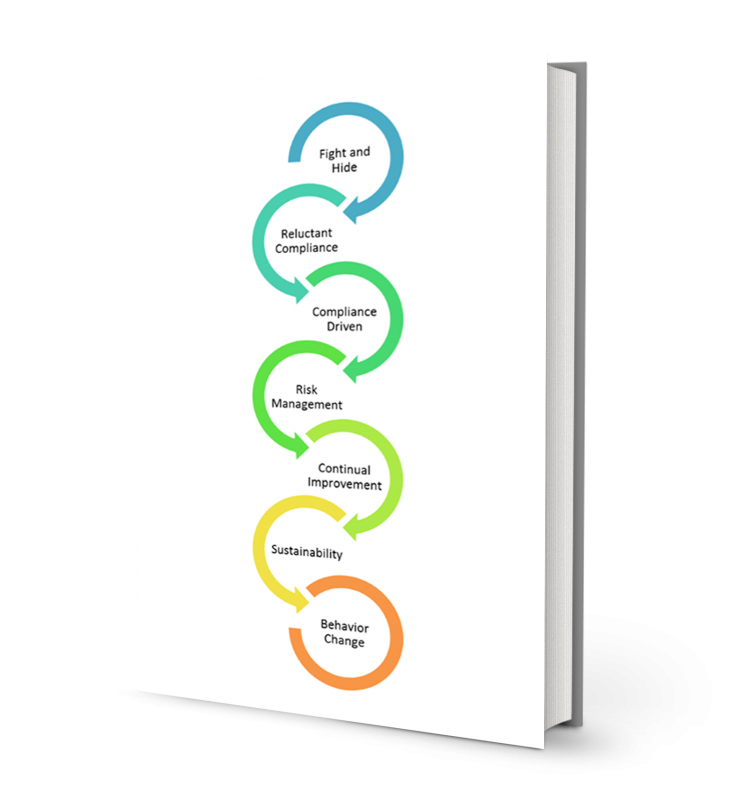OPEN EDUCATION RESOURCES FOR SUSTAINING AND MAINTAINING E-LEARNING IN AWKA SOUTH LOCAL GOVERNMENT EDUCATION AUTHORITY, ANAMBRA STATE, NIGERIA.
Okpala, Peace O
Department of Early Childhood and Primary Education, Faculty of Education Nnamdi Azikiwe University, Awka.
Anidi, Charles A
Okeke, Eucharia N Department of Early Childhood and Primary Education, Faculty of Education Nnamdi Azikiwe University, Awka.
Okeke, Eucharia N
Department of Early Childhood and Primary Education, Faculty of Education Nnamdi Azikiwe University, Awka.
This study examines open education resources for sustaining and maintaining learning in Awka South LGEA, Anambra state, Nigeria. The study aims to find out the level of awareness in-service primary school teachers have concerning OER, the benefits they can derive from using OER and how OER sustains and maintains e-learning for in-service teachers of primary school. Three research questions were developed for the study. 2,520 teachers from 43 government primary schools formed the population of the study. Systematic sampling technique was used to select the sample of the study. The study sample consisted of 175 primary school teachers. Based on the data collected via a questionnaire, the analysis resulted in the following finding: that public primary school teachers in Awka LGEA are fully aware of Open Education Resources and how it can be utilised for sustaining and maintaining E-learning in Awka LGEA. Factors like greater access to information, increased interest in teaching and experimentation, more collaboration and more communication with teachers, administrators and parents are the benefits in-service teachers of primary school derive from using OER. Also opportunities for teachers to identify how OER can sustain and maintain e-learning in primary school can be increased by more access to ICT, affordability of available technology by schools, providing them with technical support and sufficient time. Based on the findings, the researchers recommended that technical support should be available in schools and teachers should use the right approach in solving problems involving the use of OER.
Agyeman, O. T. (2007). Survey of ICT and Education in Africa: ICT for Education in Nigeria. www.infodev.org
Eyibe, S. C. & Achusim, C. O. (2014). Computer. Based and paper-Based mode effect. Proceedings of international conferences on science for sustainable development. Lwason International Research Development Publication, 6 (1), 51- 55.
Eyibe, S. C. (2013). Administration mode of computer-based testing among Nigerian university students. Nigerian Journal of Technical Education Review, 10 (l), 14-17.
FGN (2013b). The Nigerian national broadband plan (2013–2018): A submission by the presidential committee on broadband. Abuja, Nigeria: Federal Ministry of Communication Technology.
FME (2016–2019). Education for change: A ministerial strategic plan. Abuja, Nigeria: Ministry of Education.
Frances, J. & Agbu O. (2017). Open Educational Resources Policy for Higher Education in Nigeria. The Commonwealth of Learning.http://creativecommons.org/licence s/by-sa/4.0.
G., Geser (eds.) (2012). Practices and Resources. Open e-Learning Content Observatory Services (OLCOS) salzburg research edumedia group polcos roadmap open educational www.olcos.org
Hennessy, S., Onguko, B., Harrison, D., Kiforo Ang’ondi, E., Namalefe, S., Naseem, A. &Wamakote, L. (2010). Developing the use of information and communication technology to enhance teaching and learning in East African schools: review of the literature.
Ibezim N. E. (2013). Technologies needed for sustainable e-learning in university education. Modern Economy, (4)633-638.
Mossley, D. (2013). Open Educational Resources and Open Education. The Higher Education Academy.
National Policy of Education. (2013). Education policy in Nigeria (6th ed.). Lagos, Nigeria: Nigerian Educational Research Development Council.
NITDA (2017). Nigerian first ICT university underway. Retrieved from https://nitda. gov.ng/2017/06/13/nigerian-first-ict-university-underway-fg/
Okonkwo, C. A. (2012a). Assessment of challenges in developing self-instructional course materials at the National Open University of Nigeria. The International Review of Research in Open and Distance Learning, 13(2), 221–230.
Okonkwo, C. A. (2012b). A needs assessment of ODL educators to determine their effective use of open educational resources. International Review of Research in Open and Distance Learning, 13(4), 293-312.
Onaifo, D. (2016). Investigating the Use of Open Educational Resources by Students at the University of Lagos in Nigeria.The University of Western Ontario. https://ir.lib.uwo .ca/etd/4086
UNESCO (2012). Paris OER declaration. retrieved from unesco.org/new/ fileadmin/multimedia/hq/ci/ci/pdf/eventsparis%20oer%20 declaration_01.pdf
Eyibe, S. C. & Achusim, C. O. (2014). Computer. Based and paper-Based mode effect. Proceedings of international conferences on science for sustainable development. Lwason International Research Development Publication, 6 (1), 51- 55.
Eyibe, S. C. (2013). Administration mode of computer-based testing among Nigerian university students. Nigerian Journal of Technical Education Review, 10 (l), 14-17.
FGN (2013b). The Nigerian national broadband plan (2013–2018): A submission by the presidential committee on broadband. Abuja, Nigeria: Federal Ministry of Communication Technology.
FME (2016–2019). Education for change: A ministerial strategic plan. Abuja, Nigeria: Ministry of Education.
Frances, J. & Agbu O. (2017). Open Educational Resources Policy for Higher Education in Nigeria. The Commonwealth of Learning.http://creativecommons.org/licence s/by-sa/4.0.
G., Geser (eds.) (2012). Practices and Resources. Open e-Learning Content Observatory Services (OLCOS) salzburg research edumedia group polcos roadmap open educational www.olcos.org
Hennessy, S., Onguko, B., Harrison, D., Kiforo Ang’ondi, E., Namalefe, S., Naseem, A. &Wamakote, L. (2010). Developing the use of information and communication technology to enhance teaching and learning in East African schools: review of the literature.
Ibezim N. E. (2013). Technologies needed for sustainable e-learning in university education. Modern Economy, (4)633-638.
Mossley, D. (2013). Open Educational Resources and Open Education. The Higher Education Academy.
National Policy of Education. (2013). Education policy in Nigeria (6th ed.). Lagos, Nigeria: Nigerian Educational Research Development Council.
NITDA (2017). Nigerian first ICT university underway. Retrieved from https://nitda. gov.ng/2017/06/13/nigerian-first-ict-university-underway-fg/
Okonkwo, C. A. (2012a). Assessment of challenges in developing self-instructional course materials at the National Open University of Nigeria. The International Review of Research in Open and Distance Learning, 13(2), 221–230.
Okonkwo, C. A. (2012b). A needs assessment of ODL educators to determine their effective use of open educational resources. International Review of Research in Open and Distance Learning, 13(4), 293-312.
Onaifo, D. (2016). Investigating the Use of Open Educational Resources by Students at the University of Lagos in Nigeria.The University of Western Ontario. https://ir.lib.uwo .ca/etd/4086
UNESCO (2012). Paris OER declaration. retrieved from unesco.org/new/ fileadmin/multimedia/hq/ci/ci/pdf/eventsparis%20oer%20 declaration_01.pdf

